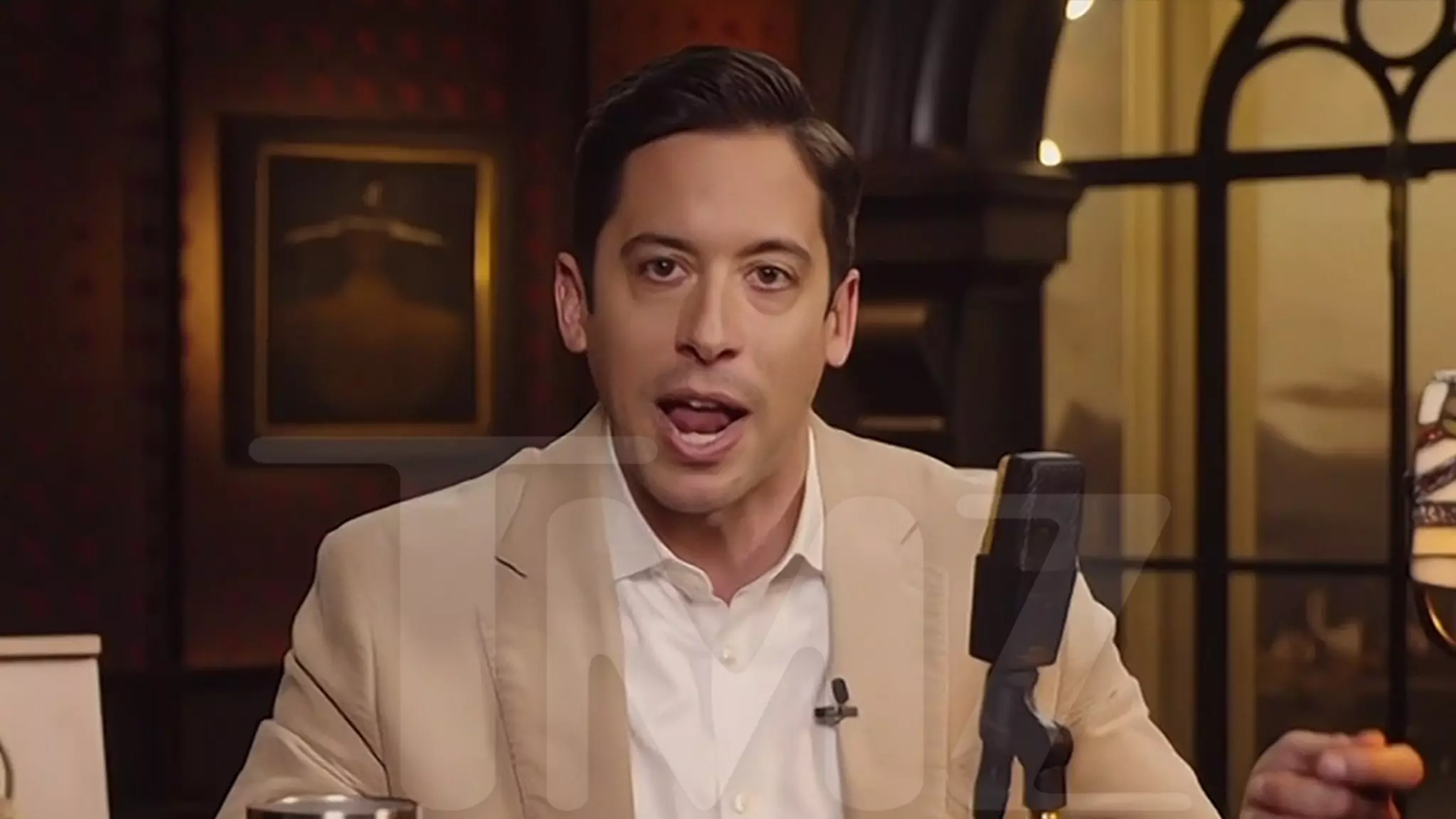In an era of heightened scrutiny over foreign influence in American politics, the recent news of Qatar gifting a $400 million Boeing 747-8 to President Trump has ignited heated discussions. While some commentators, like Michael Knowles, downplay the implications of this gift, labeling the concerns as exaggerated, the larger issue at play is far more complex than simply a generous offer.
Knowles’ assertion that this gesture is merely a practical solution to replace an aging Air Force One aircraft raises eyebrows. The notion that the U.S. government might bolster its presidential travel capabilities at no cost is appealing on the surface. However, when a foreign government enters such a significant deal with a sitting president, the stakes are higher than just financial savings. The Emoluments Clause, which prohibits American officials from accepting gifts from foreign entities without congressional approval, looms large over this transaction, posing challenging ethical questions.
More Than Just a Replacement
Many critics point out that the decision to accept this jet requires intense scrutiny. Yes, Air Force One is indeed aging, but it has served as a secure and efficient means of transport for decades. Questions arise: why is there an urgency for a new plane, and what are the long-term implications for national security? The current Air Force One is equipped with state-of-the-art technology, including advanced communication systems and protections suited for a head of state. The necessity of an upgrade should be weighed against potential vulnerabilities introduced by accepting a foreign gift.
Moreover, Knowles’ lighthearted quip about simply needing to “slap some new paint on the side” underscores a cavalier attitude towards a critical matter. This attitude fails to consider the geopolitical ramifications of such gifts in the intricate balance of international diplomacy. The optics of this transaction are troubling, particularly in the context of a presidency already characterized by discord and controversy regarding foreign dealings.
Examining the Broader Implications
The controversy does not solely revolve around the jet itself but also how it reflects broader political narratives. Knowles enters a minefield by invoking Hunter Biden’s business dealings, aiming to shift the focus from Trump’s actions to the Biden family. However, this tactic seems to overlook the unique circumstances surrounding each situation. Hunter Biden’s dealings were extensive and related to personal gain, while the Qatari offer raises questions about the intersection of statecraft and personal benefit.
Furthermore, questioning why the U.S. shouldn’t continue using an aircraft that, while old, is a symbol of American power and resilience, points to an underlying impatience with our current machinery of state. Has the fixation on the latest and greatest technologies eroded the value we place on legacy and history? Accepting a gift of such magnitude from a foreign entity should compel us to reflect not just on immediate conveniences but on the long-term principles that govern our political engagements.
A Crossroads of Ethics and Politics
As this debate unfolds, it is imperative to recognize that the criticism surrounding Qatar’s gift is not petty partisan noise but a broader conversation about ethics in governance. The willingness of those in power to engage with foreign donors—even with seemingly no strings attached—creates a murky landscape fraught with potential conflicts of interest.
In an age where information travels faster than ever, the implications of such gifts resonate deeply with the American public. Knowles may dismiss the critique as overreaching, but the reality is that perceptions of integrity in leadership are fragile. Accepting a jet from Qatar is not just about convenience; it’s a profound decision that challenges our commitment to transparency and accountability in a democratic society.

Leave a Reply